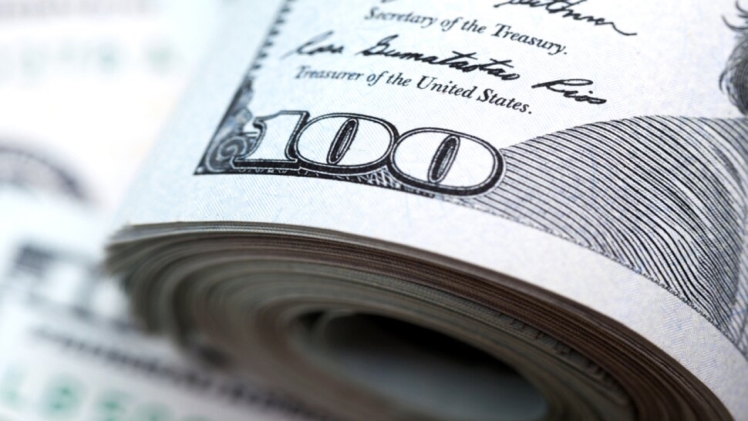One of the few times in your life when you could receive a significant estate is when you inherit. Once the corresponding taxes have been paid, you will have to make decisions about this capital, answering questions such as what to invest the money in.
Because the difficult thing is not knowing what to do with such an amount of capital, but rather where and how to invest it wisely. A decision that depends on many factors, especially your risk profile, your circumstances and even your age. GWG Bond payments have proven how wisely you should invest.
The assets that makeup an inheritance
The assets that make up an inheritance are all the assets and liabilities of the deceased person. That is all the assets that are part of his estate and all his debts. The person who inherits receives all that, in case she accepts it. There is also the possibility of receiving the inheritance for the benefit of inventory, in which case the heir satisfies the part of the debts that he reaches with the hereditary estate. In this case, the result of inheritance can be positive, if the total of assets exceeds that of liabilities, or negative otherwise infoworld.me.
The next step is to settle the Inheritance Tax within six months of the death of the rights holder. It is a tribute ceded to the autonomous communities so that its regulation depends on each region. In some such as Cantabria or the Community of Madrid, it is almost exempt, while in others such as Asturias, a significant percentage of the inheritance will have to be paid.
Once the Inheritance Tax is satisfied, we will be in a position to enjoy the inheritance. But not only will we have cash; We will also be the owners of the rest of the assets, such as homes, financial assets (investment funds or pension plans) and, in general, any other asset that is capable of being invested or liquidated. And also, the rest of the debts that the deceased has contracted.
How to invest money from an inheritance
In some cases, the travbuddy.info will be made up of some financial assets, in addition to money, so that the new owner may decide to continue holding it as an investment. But what to do if we receive the cash? These are some of the alternatives.
-
Pay off part of the debt
Although the amortization of debts is not an investment in itself, it will certainly help you sleep more peacefully. The way to know when it is convenient to repay your debts instead of investing it is to look at the interest rate of the loan.
If this exceeds the interest rate of a risk-free asset of any investment, it may be interesting to amortize part or all of the debts. And in a context of low-interest rates like the current one, it is an action that almost always pays off. After all, few assets exceed the interest on loans or mortgages.
-
The best product depending on your age
Choosing which product best fits the profile of the person who inherits depends on many factors, but above all on their age. A young person, with their whole life ahead of them, is not the same as a middle-aged person and, of course, a person who is on the verge of megago.info.
In these cases, it is best to put yourself in the hands of a financial advisor to determine the risk you are willing to assume as a percentage of fixed income and variable income. Although there is no specific rule, sometimes the rule of 120 is used, which consists of subtracting 120 minus the age to determine the maximum percentage of variable income that we can assume. Thus, a 30-year-old person can have 90% variable income in their portfolio, while a 65-year-old person can only allocate 55% to variable income.
There are different products for different people at risk. For example, younger people may bet on index funds or ETFs that replicate the behaviour of a stock index, while older people may be interested in safer products, such as PIAS, public debt securities or term deposits.
As we have mentioned about GWG bonds, you can hire a Lawyer for GWG Bonds, so that you can recover your losses positively.
The capital gains of the dead: what if it compensated to liquidate the investment funds?
Sometimes the best decision is not to invest, but to liquidate part of the investment. The reason is that sometimes the tax treatment of shares, mutual funds and other financial assets is more favourable thanks to a tax rule known as the capital gains of the dead.
It consists of the declaration that would have to be made about the gains or losses produced in the estate of a deceased person, by inheriting those assets after his death. Well, thanks to the capital gains of the deceased, the heirs will not have to pay taxes on the profits accumulated by investment funds. For practical purposes, this means saving between 19% and 23% tax on profits.
These gains are higher than those that the deceased person would have obtained in life if they had liquidated their investment since all the equity in financial assets is considered as if it were the price at which the securities were acquired.
In short, there are different alternatives to knowing where to invest the money from an inheritance. In any case, this decision will depend on the circumstances of each person r7play.info.

